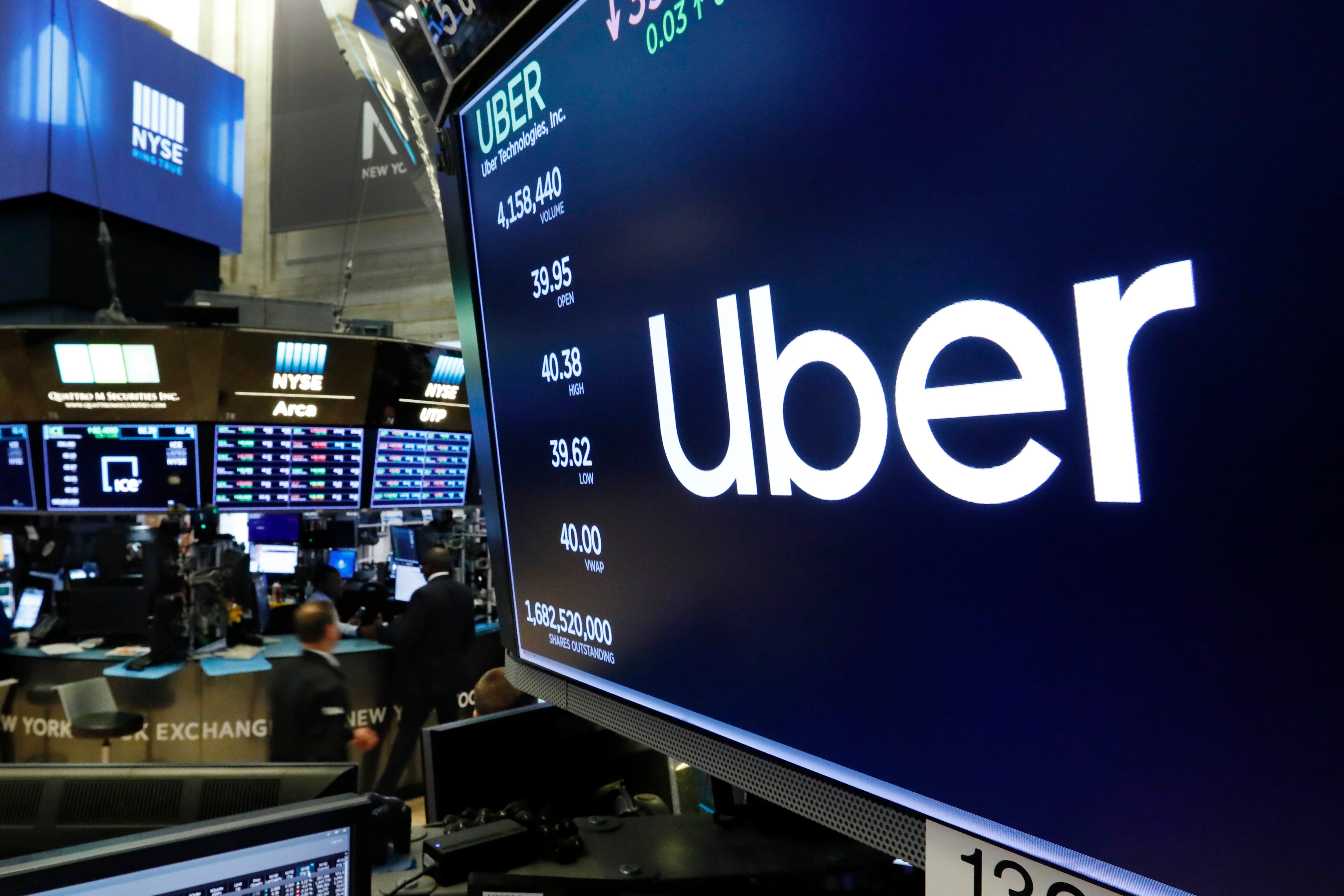UK’s top court rejects Uber appeal, says drivers are workers
The U.K. Supreme Court ruled Friday that Uber drivers should be classed as “workers” and not self employed, in a decision that threatens its business model and holds broader implications for the so-called gig economy

Your support helps us to tell the story
From reproductive rights to climate change to Big Tech, The Independent is on the ground when the story is developing. Whether it's investigating the financials of Elon Musk's pro-Trump PAC or producing our latest documentary, 'The A Word', which shines a light on the American women fighting for reproductive rights, we know how important it is to parse out the facts from the messaging.
At such a critical moment in US history, we need reporters on the ground. Your donation allows us to keep sending journalists to speak to both sides of the story.
The Independent is trusted by Americans across the entire political spectrum. And unlike many other quality news outlets, we choose not to lock Americans out of our reporting and analysis with paywalls. We believe quality journalism should be available to everyone, paid for by those who can afford it.
Your support makes all the difference.The U.K. Supreme Court ruled Friday that Uber drivers should be classed as “workers and not self employed, in a decision that threatens its business model and holds broader implications for the so-called gig economy.
The Supreme Court's seven judges unanimously rejected Uber's appeal against a lower court ruling, handing defeat to the ride-hailing giant in the culmination of a long-running legal battle.
The judges agreed with an earlier tribunal decision that found two Uber drivers were “workers" under British law, therefore entitling them to benefits such as paid holidays and the minimum wage.
Uber had argued that the two were independent contractors. The company has 65,000 active drivers in the U.K.